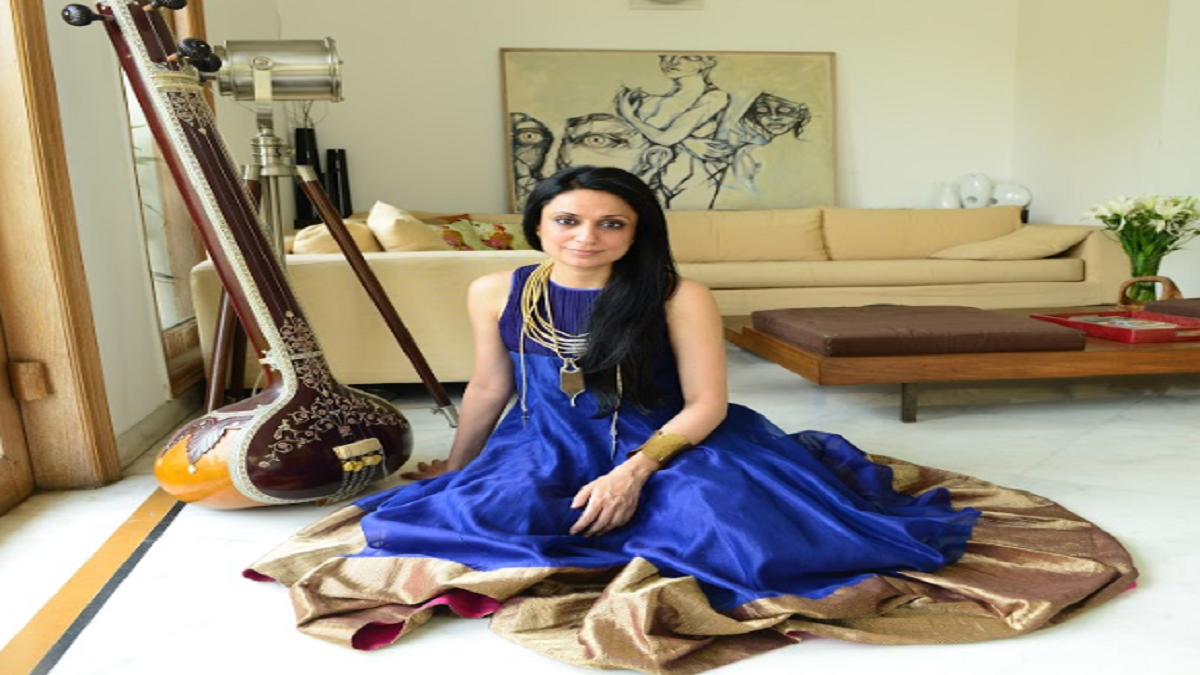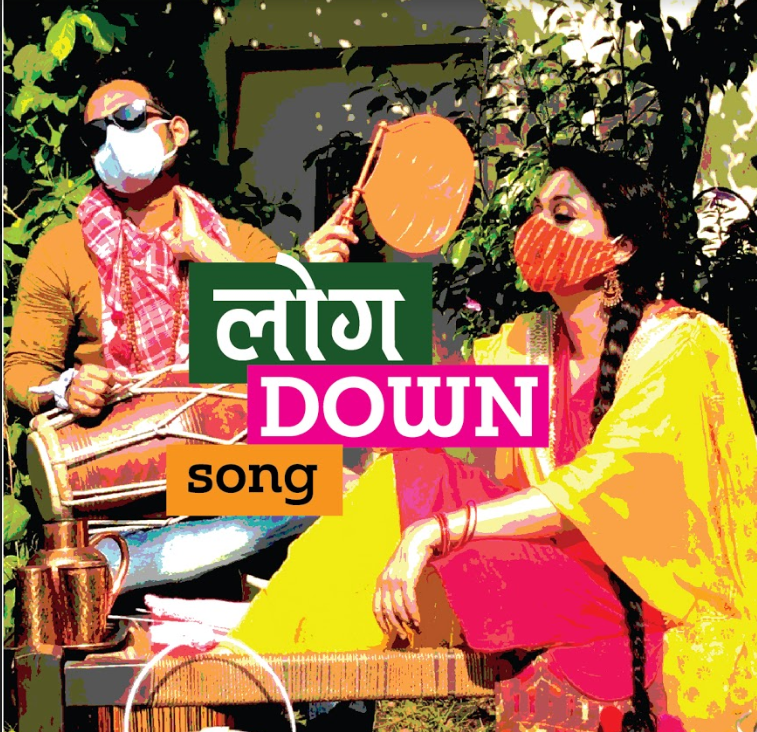
Multiple award winning singer and composer Sonam Kalra is trained in both Indian and Western traditions of music and is equally adept at both. She talks to The Daily Guardian about the Sufi Gospel Project, her initiative which brings together artists of different faiths, her musical journey, and how things have turned for worse during the Covid-19 pandemic, especially for artistes. Excerpts:
Q. Your music for the Sufi Gospel Project brings a mix of languages and religions to your audience. How important is it to support a culture of “fusion” at a time like the present one?
A. I think it is extremely important at all times, to support a culture of fusion, because that is what it essentially means to be Indian. We have a history of being multi-faith and multicultural, and therein lies our strength. The music I create within The Sufi Gospel Project is a fusion of ideologies — poetry and prayer and music from seemingly disparate cultures, traditions and regions. And I say seemingly because the more I look at our differences the more I find through them our similarities. To say that each of us has our own truth and you can find that truth in a temple, a shrine, a church or a mosque but the most important thing to remember, is that each truth is just as valid. My music is about equality, the inclusion of all beings and of acceptance and to say that many different calls to God can and must exist in harmony. I often say this: That religion is not God and that God has no religion.
Q. While a lot of artists distance themselves from overt political gestures, you haven’t shied away from speaking out about things. Do you think it is essential for artists to have a social and political conscience and express it in their work?
A. I think if you have a voice, it is your duty to use it — wisely and judiciously — to speak out, to make a difference, for change and for the greater good of society. As an artist, I believe it is our moral responsibility to speak out in solidarity when there is suffering or pain, or when society needs to be reminded of something. For instance, when I did my version of Faiz’s “Hum Dekhenge”, it was not meant to be a political reaction. I created that piece in the hope of peace and out of the desire to speak for what I believe in when there was so much negativity around us. I blended Faiz’s words with Rabindranath Tagore’s ‘Where the mind is without fear’ as a quiet appeal to the people of our country to remind them of our freedom.

Q. Your new song “Log Down” addresses the state of artists in the aftermath of the Covid-19 lockdown. Tell us a bit more about that.
A. Artists have had absolutely no means of generating any income with very limited platforms for creative expression during the pandemic. The saddest part is that the arts have been listed not only as non-essential but also low on the list of non-essential items. I find that quite appalling to be honest, and would like to ask the people who made this list to try and live without art for even one day — to not listen to music or chants in the morning, to not watch anything on TV, to not read a book, and to not wear the fabrics woven by our craftspeople. India has such a wealth of incredible art and craft and it is very disheartening to see that artists have got no support.
So, I wrote the “Log Down” song because so many artists are struggling to make ends meet. And also because I was bemused by the number of people who would call artists including myself, to perform for free, completely ignoring the fact that we as artists also have families to feed and need a means of an income to survive.
Q. Is it true that you produced “Log Down” without leaving your home?
A. Yes, I recorded the audio at home, shot it at home, edited it, produced it, did the costumes, everything! In fact, it was shot in one take so there are no cuts and it didn’t need editing. I shot it on my phone with no one behind the camera — I just put it on a tripod and recorded it. For the music, I reached out to a couple of musicians who sent me their parts over email and another musician friend, Saptak Chatterjee, produced it for me. My dholak player, Tarit Pal, came to my house only for the shoot and was wearing a mask the whole time. Even the dogs in the video are mine and played their supporting roles very well.
Q. How do you see concerts and live musical performances happening post-Covid?
A. While a lot of concerts are happening online, the joy of engaging with a live audience is unparalleled. The relationship of love and the energy that fills an arena or even a small room is something artists and audiences are craving for at this point. So I do believe they will happen and when they do, they will be really special. I think for a while, event organisers will need to be creative in the way they present an artist or event, making sure they follow the norms of social distancing and safety, but they will figure out a way to make it happen. In some parts of the world, there are already drive-in concerts where the audience sit in their cars while watching a band perform on stage so I do see it happening, and hopefully soon!